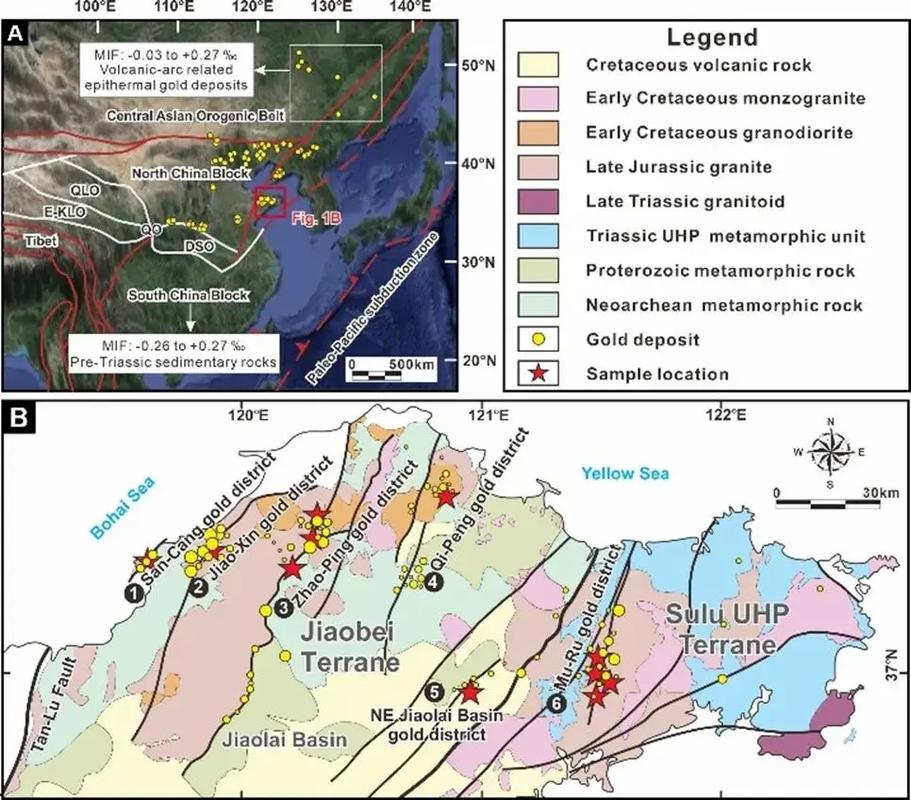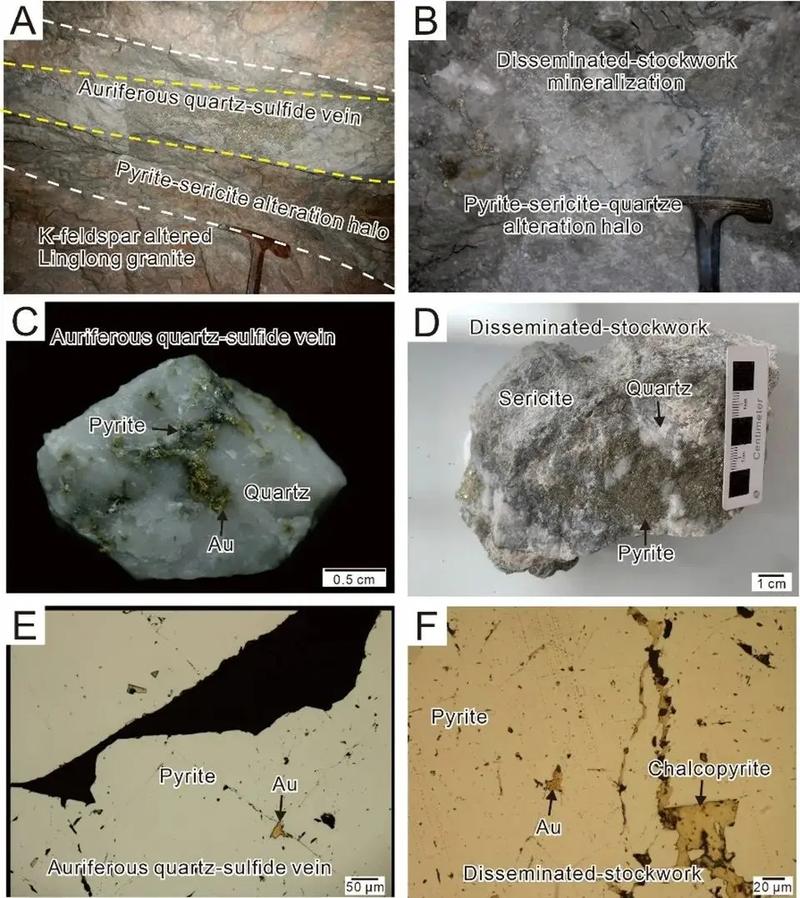Understanding the World Beneath: A Detailed Exploration of Geology at University
Have you ever wondered what lies beneath the surface of the Earth? Geology, the scientific study of the Earth, its composition, and the processes that shape it, is a fascinating field that offers a glimpse into the planet’s past, present, and future. If you’re considering pursuing a degree in Geology, this article will provide you with a comprehensive overview of what to expect from a Geology program at university.
What is Geology?
Geology is a diverse discipline that encompasses various subfields, including mineralogy, petrology, stratigraphy, structural geology, and environmental geology. It aims to understand the Earth’s history, the formation of rocks, the movement of tectonic plates, and the processes that affect the planet’s surface and subsurface.

Why Study Geology at University?
Studying Geology at university can open doors to numerous career opportunities, from working in the oil and gas industry to environmental consulting, and even becoming a geological surveyor. Here are some reasons why you might consider pursuing a Geology degree:
-
Explore the Earth’s history: Geologists uncover the secrets of the past by studying rocks, fossils, and other geological formations.
-
Contribute to environmental protection: Geologists play a crucial role in identifying and mitigating environmental risks, such as natural disasters and pollution.
-
Discover new resources: Geologists are involved in the exploration and extraction of natural resources, such as minerals, oil, and gas.

-
Develop critical thinking skills: Geology requires a strong foundation in science, mathematics, and problem-solving, which are valuable skills in many fields.
What to Expect from a Geology Program
Geology programs at university typically cover a wide range of topics, from the basic principles of geology to specialized courses in specific subfields. Here’s a breakdown of what you might encounter:
Core Courses
-
Introduction to Geology: This foundational course covers the basic principles of geology, including the rock cycle, plate tectonics, and the Earth’s internal structure.
-
Mineralogy: This course focuses on the properties, classification, and identification of minerals, which are the building blocks of rocks.
-
Petrology: Petrology explores the origin, composition, and classification of rocks, including igneous, sedimentary, and metamorphic rocks.
-
Stratigraphy: This course delves into the study of rock layers and their sequence, which helps geologists understand the Earth’s history.
-
Structural Geology: Structural geology examines the deformation of rocks and the processes that cause them, such as earthquakes and mountain building.
Specialized Courses
-
Environmental Geology: This course focuses on the interaction between humans and the Earth, including natural hazards, pollution, and land use.
-
Engineering Geology: Engineering geologists apply geological principles to construction projects, ensuring the stability of foundations and other structures.
-
Marine Geology: This course explores the geological processes that shape the ocean floor, including the formation of coral reefs and the movement of tectonic plates.
-
Geochemistry: Geochemistry investigates the chemical composition of rocks, minerals, and fluids, providing insights into the Earth’s internal processes.
Field Trips and Practical Experience
Field trips are an integral part of a Geology program, as they provide hands-on experience and a deeper understanding of geological concepts. Students may participate in field trips to local quarries, mines, and natural landmarks, as well as international expeditions to study unique geological formations.
Career Opportunities
Graduates of Geology programs can pursue a variety of careers, including:
-
Geological surveyor: Conducting surveys to identify and assess natural resources, such as minerals, oil, and gas.
-
Environmental consultant: Assessing environmental risks and developing strategies to mitigate them.
-
Research scientist: Conducting research in various subfields of geology, such as mineralogy, pet